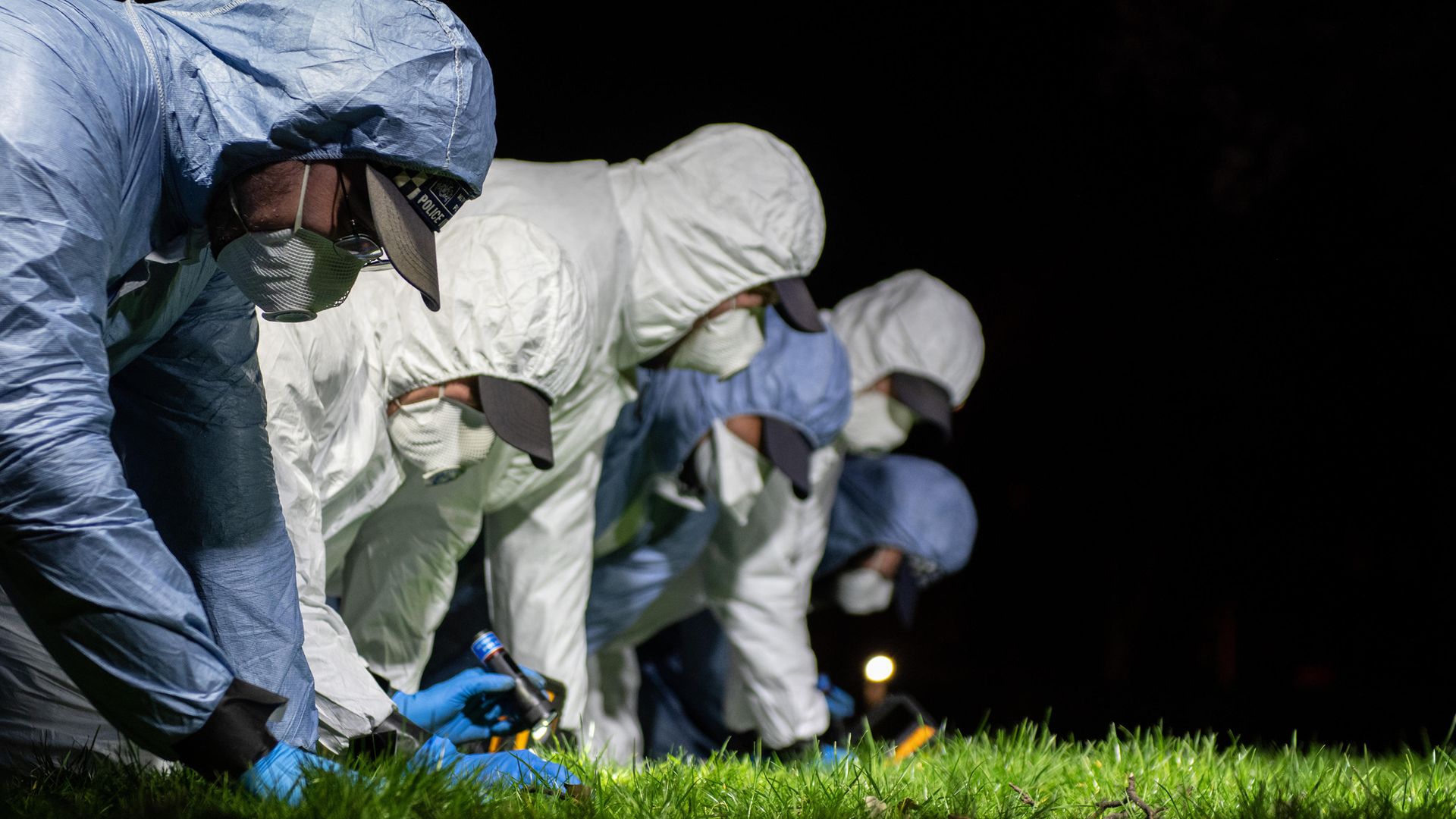
WILL SELF on living in a Potemkin panopticon, the effects of which have been enhanced by the pandemic.
Having been deeply sceptical about it I can now see at least some advantages to teaching online. Courses of study centred on texts would seem impoverished enough by being squeezed through the aorta of virtualisation – but my own, on psychogeography, would surely be altogether otiose; after all, how can you get young people to abandon their screen-based lifestyles and engage with the perceptual realities of place and space when you’re exhorting them through that very medium? Moreover, for the past decade students at British universities have been subjected to the full weight of neoliberalism: they are to regard themselves as consumers, and their education as a service they have bought; while in order to satisfy their consumer rights – and thereby justify the whole miserable boondoggle – ‘inputs’ and ‘outcomes’ must be demarcated.
Such standardisation of the educational ‘product’ necessarily goes finger-on-key with online delivery – for via this medium it becomes that much easier for administrators to survey students and academics alike. As if it were a bizarre trailer for this, my own institution launched a lecture-capture system a few years ago entitled ‘Panopto’, which is automatically triggered in the lecture theatre when you turn on the computer console. Even if my colleagues weren’t aware of Jeremy Bentham’s ‘Panopticon’ – an ‘ideal’ wagon-wheel-shaped prison in which a single warder, standing at its central hub, can observe the doings of hundreds of prisoners arrayed before him along its spoke-like wings – the notices which went up at the same time should’ve alerted them to the new system’s totalitarian potential.
Warning students and academics alike that private conversations are recorded by the system, they adjured us, effectively, to conform and stay silent rather than enjoy that liberty of thought and expression heretofore associated with the idea of the university. Needless to say, I stopped using the computer console at all once I realised it triggered this surveillance system. And by reason of the same ideal, I’ve used my own Zoom account rather than the University’s Microsoft Teams to teach my course. Obviously, nothing can substitute for being out and about in the world – where you can show as well as tell students about the environments we all too often either ignore, or take for granted. Nevertheless, the sad fact is that contemporary young people are so used to gaining just about everything via screens that they seem to find it pretty, um, natural. At any rate, they’re more forthcoming in terms of speaking in seminars and offering their own insights than they were IRW (‘in real world’) – while from my point of view, I’d far rather look at a blank square signifying a switched-off camera, than a fidgeting, gossiping, texting twenty-something, which was often the case in the old face-to-face days.
To try and take advantage of the strange new topology we found ourselves in, I proposed to the students that we create a ‘heterotopia’: a place made of many different and diverse spaces. Throughout the term, each class exercise has involved them going out and photographing, filming, or otherwise registering a different sort of locale – then sending me the results for incorporation into our burgeoning collection. Two Fridays ago, on March 5, we discussed gender and space. During their break, students went out and photographed building sites and underpasses; the former being gendered because female students felt harassed by the male builders when they passed by – the latter being places where male students felt anxious that their presence might be intimidating to women walking alone.
I was already aware of the disappearance of Sarah Everard at this time because it happened in my area, and I’d seen the missing person posters go up. But by the time we convened for our session on the 12th, the entire grim narrative had unfolded: the arrest of a serving Metropolitan Police officer and the discovery of Everard’s body in woodland in Kent. The coincidences were unsettling: my partner and I had, more or less, walked the route taken by the murdered woman the day before her abduction: crossing Clapham Common and heading along the South Circular. Then, on the morning of the 11th our internet connection went down – which meant that in order to teach the Friday session I had to decamp to my brother-in-law’s flat on Brixton Hill.
I explained all this to my students on the Friday morning: I was able to use my brother-in-law’s flat because he had died on February 28 in the Trinity Hospice, Clapham Northside. That’s why we’d been walking across the common on March 2: we’d picked up his personal effects and were returning them to where he’d lived. That this location was a few hundred metres from where Everard’s presence had last been recorded – by the motion-sensitive doorbell-mounted camera of a house on the South Circular – only confirmed the message implicit in all these surveillance media: we may all be connected, yet it makes no difference if no one’s watching.
The great American urbanist, Jane Jacobs, believed safety in the city depended on what she termed ‘the eyes on the street’: those people, usually older, who spend their days observing the comings and goings in their neighbourhood. The ubiquity of CCTV in our cities has already lead, I believe, to those eyes losing their focus – and now the pandemic has positioned them in front of screens unconnected to their immediate locale. We live in a Potemkin panopticon: where everyone is simultaneously pretending to look, and pretending to be looked upon. The consequences are terrifying.
What do you think? Have your say on this and more by emailing letters@theneweuropean.co.uk










